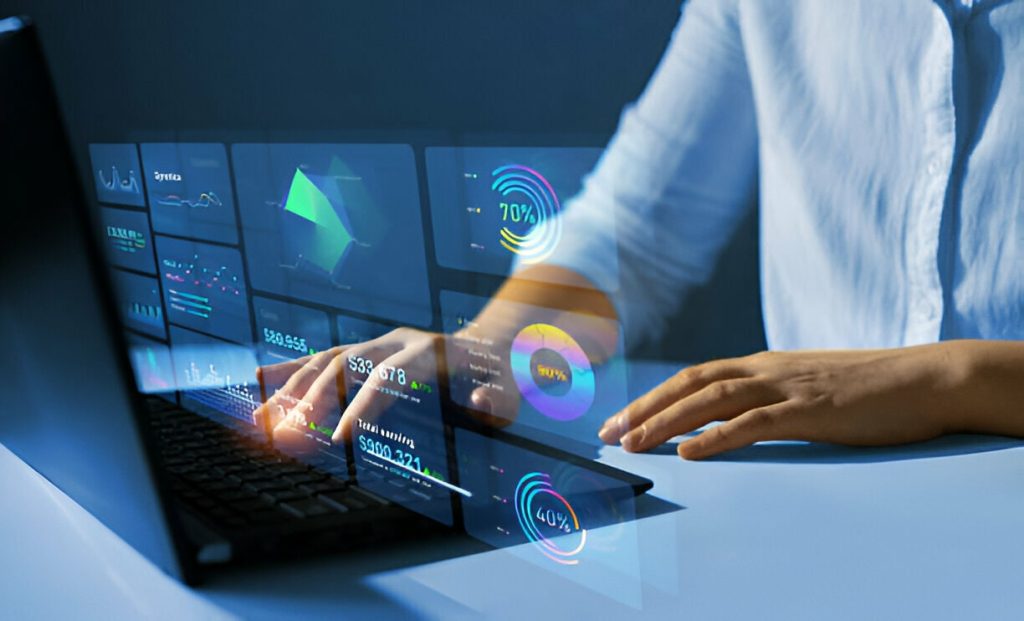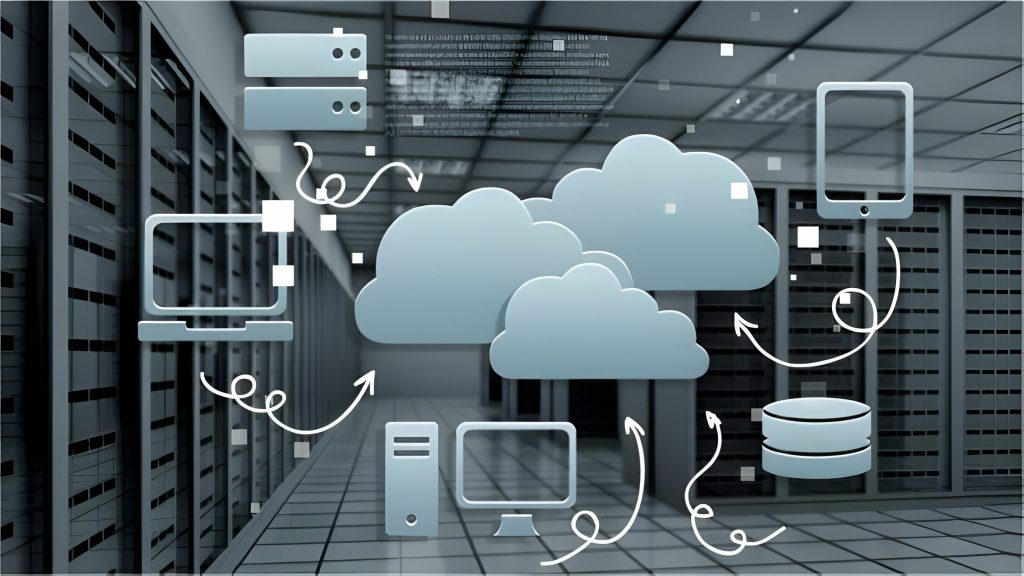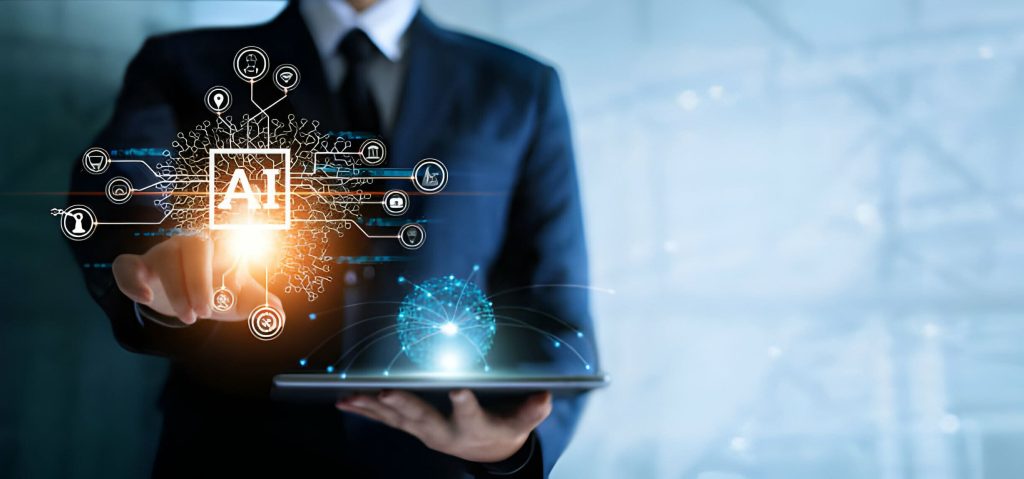Discover how Microsoft Teams integrates seamlessly with ERP solutions, transforming workplace communication and collaboration. Overcome common challenges with strategic solutions and comprehensive training. Embrace the future of work with AI-driven innovations and stay ahead in the dynamic landscape of digital workplaces. Contact our experts for efficient integration and enhanced productivity.
Explore the transformative power of Microsoft Dataverse in unifying data across ERP applications, revolutionising business operations. Overcome challenges of disparate data, streamline workflows, and embrace a future of enhanced efficiency and agility. Invest in unified data management for resilient growth and innovation in the digital era.
In today's business realm, multi-cloud strategies are gaining traction, offering flexibility and scalability. Yet, integrating ERP systems across diverse cloud platforms presents unique challenges. Addressing issues like data synchronisation and security is vital for a seamless transition. Proactive solutions, from API standardisation to unified integration platforms, ensure efficiency and reliability.
ERP systems are pivotal in steering businesses towards sustainability. By incorporating dedicated modules and tracking metrics, ERP fosters eco-friendly practices. However, challenges like integration complexity and data accuracy arise. Strategies include training and incremental implementation. Future trends include IoT and AI integration, shaping a greener ERP landscape for a sustainable
AI's evolution in business processes has been remarkable, from rule-based automation to sophisticated machine learning. In IT services, AI-driven ERP systems enhance efficiency, decision-making, and cost reduction. Future trends include augmented analytics and blockchain integration, revolutionising service delivery and positioning IT organisations as agile, data-driven entities.
Industry 4.0, or the Fourth Industrial Revolution, reshapes manufacturing and business with digital integration. ERP systems play a vital role by adapting to Industry 4.0 tech. They leverage IoT for real-time data, support smart manufacturing with automation, ensure cross-functional integration, offer user-friendly interfaces, and prioritise security measures. Discover more by
Categories
- Uncategorized(33)
 Singapore
Singapore
 United Arab
United Arab
 United Kingdom
United Kingdom










